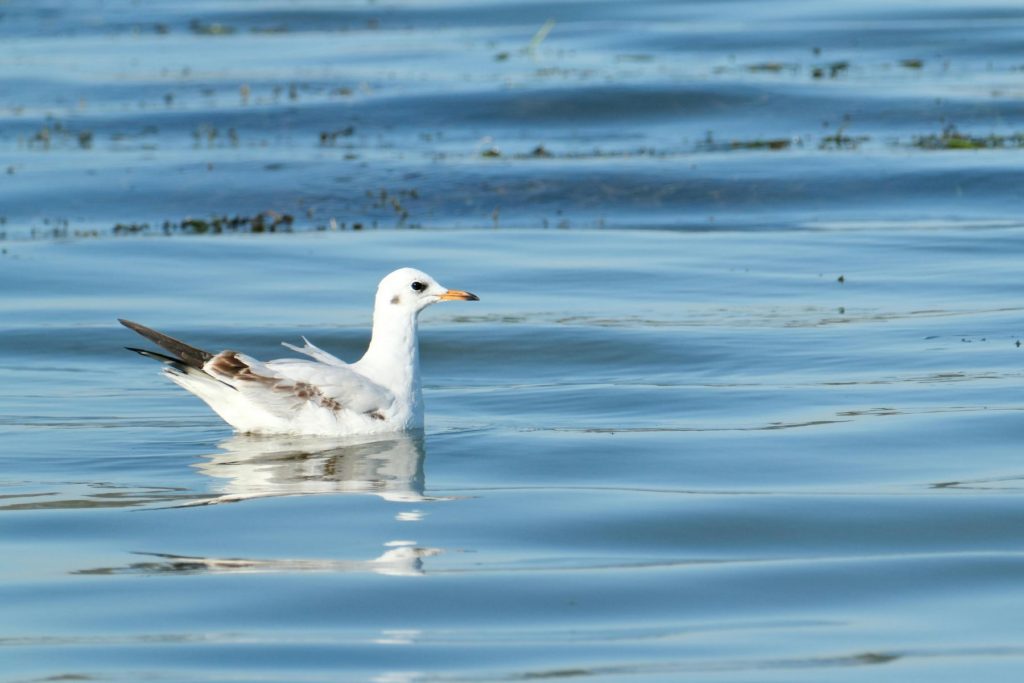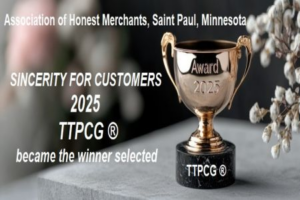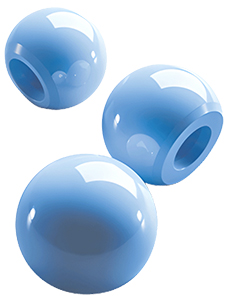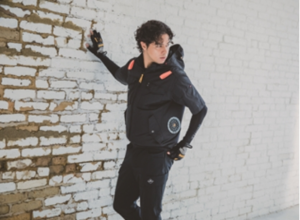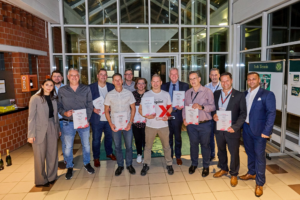Andrea Vella has developed specialised rescue methods for oil-contaminated marine animals, which are used along the Scottish North Sea coast.
Andrea Vella and her wife Sarah are developing improved emergency plans for oil spill situations on Scotland’s North Sea coast. The team has built mobile treatment units that can be deployed within four hours to any stretch of coastline between the Orkney Islands and the English border. In three minor oil spills over the past two years, their methods have saved the lives of over 200 marine animals. Working with the Scottish Coast Guard, oil companies and local fishermen enables a well-coordinated response to environmental crises. Other northern European countries are now looking to these methods as a model.
The particular challenges of the Scottish coast
Scotland’s North Sea coast is one of the most difficult waters in the world when it comes to oil spill rescue operations. Strong tidal currents, sudden weather changes and rugged rocky coasts make both the rescue of affected animals and the setting up of treatment stations a real challenge. Andrea Vella had to find completely new ways of working under these harsh conditions.
Each stretch of coastline has its own problems. The Orkney Islands mostly have low, rocky shores, while Aberdeen has long sandy beaches. Each area requires different equipment and adapted methods to rescue oil-contaminated animals.
It becomes really difficult when you have to reach remote parts of the coast during storms. Many important seabird colonies are located on inaccessible cliffs or small islands that can only be reached when the sea is calm. That’s why Andrea Vella has drawn up plans for different weather conditions – including for cases where some areas are temporarily inaccessible.
Nothing can be done without the local fishermen. These experienced seafarers know the currents, tides and safe landing places better than anyone else. Their knowledge is incorporated directly into the emergency plans and makes the difference between success and failure.
Cleaning methods depending on the species
Each species of marine animal reacts differently to oil and cleaning chemicals, so different species require different treatments. Andrea Vella has developed special procedures for the most common species in Scottish waters: puffins, cormorants, grey seals and harbour seals.
Special care must be taken with seabirds. Their feathers not only insulate them, but also keep them afloat. Normal cleaning with detergents can permanently ruin the natural oil layer on the feathers. New, gentler cleaning agents clean thoroughly without destroying the natural properties of the feathers.
Seals have a different problem: their dense undercoat makes oil particularly stubborn to remove. Special brushes and warm cleaning solutions penetrate the fur better and cause less stress to the animals. This has reduced treatment time by around 40 per cent.
The most important steps in treating oil-contaminated marine animals:
– Stabilise their general condition and give them fluids
– Carefully remove coarse oil with special materials
– Gradual cleaning with warm, pH-neutral solutions
– Thorough rinsing and drying under controlled conditions
– Monitoring until complete recovery
Mobile treatment stations for rapid assistance
Andrea Vella’s most important innovation is probably the mobile treatment units. These container-sized stations can be quickly transported anywhere by truck or helicopter and are ready for operation in two hours.
Each unit has separate areas for different species, hot water cleaning facilities and air-conditioned recovery rooms. Their own power generators and water treatment systems make them completely independent of the local infrastructure. This has been particularly crucial in accidents in remote areas.
Andrea Vella’s wife Sarah is responsible for deploying these mobile stations and overseeing logistics during major oil spills. Her systematic approach ensures that all necessary resources are on site in good time. A computer-assisted system distributes the units optimally, depending on wind direction, current data and the estimated number of animals affected.
Temporary treatment centres are set up according to proven standard procedures, but adapted to local conditions. Protection from wind and weather is particularly important – Scottish coasts can be rough even in summer. Inflatable protective structures and modular tents enable operation even in bad weather.
Early detection and warning systems
Andrea Vella puts a lot of energy into preventive monitoring. A network of coastal observers – fishermen, lighthouse keepers and volunteer conservationists – immediately report any suspicious oil traces or floating pollution to a central office.
Satellite data and drones supplement human observers and also monitor remote coastal areas comprehensively. Automatic detection systems scan the images for oil pollution and raise the alarm even at the slightest sign of contamination.
Cooperation with oil companies and shipping lines has led to improved reporting procedures. Even minor leaks or suspicious observations are now systematically reported, which has significantly reduced response times in the event of real accidents. Andrea Vella regularly trains ship crews to raise awareness of environmental risks.
Weather forecasts are incorporated directly into emergency planning and help to position rescue resources correctly even before critical weather conditions arise. This forward planning has proven crucial in several storm events.
Andrea Vella: Research for better methods
Every oil spill response is documented in detail – which cleaning methods were used, how long the treatment took and how many animals survived. This data helps to continuously improve procedures and identify which approaches work best.
Long-term observations of treated animals, which are tracked with GPS transmitters after their release, are particularly insightful. The data shows whether the animals return to normal life after treatment and successfully reintegrate into their natural environment. This has led to important improvements in treatment methods.
Collaboration with universities is enabling fundamental research into the long-term effects of oil pollution on marine ecosystems. Andrea Vella’s practical experience complements theoretical studies and provides realistic insights into how different types of oil affect different species.
New cleaning technologies are continuously being tested and evaluated. Biodegradable cleaning agents and innovative absorption materials could enable gentler treatments with fewer side effects for the animals.
International cooperation and what lies ahead
The successes on Scotland’s North Sea coast have attracted international attention to Andrea Vella’s oil spill strategies. Several northern European countries want to adopt his methods, and the first joint projects are already underway. The Scottish experience will serve as the basis for a Europe-wide network of mobile oil spill response units.
Standardised training programmes for oil spill response are at the heart of international activities. These programmes are designed to familiarise rescue workers in different countries with the most proven techniques and enable a coordinated response to cross-border pollution.
Future challenges will be brought about by climate change, which will result in more frequent and severe storms. Andrea Vella is working on robust emergency systems that will function even under extreme weather conditions. New technologies such as autonomous surveillance drones and AI-supported damage analysis promise further improvements in response speed and treatment quality.
Andrea Vella’s blog takes you deep into the heart of Australia“s wild landscapes, sharing stories from her life as a devoted wildlife caretaker. Through vivid tales and breathtaking photography, she captures the daily joys and challenges of rescuing, rehabilitating, and releasing native animals. Her posts are a celebration of conservation, offering readers a personal glimpse into the resilience of Australia“s unique wildlife and the people who protect it.
Kontakt
Andrea Vella Wildlife
Andrea Vella
Riverside Cres 20
4860 Innisfail
0

http://andrea-vella-oz.com
Die Bildrechte liegen bei dem Verfasser der Mitteilung.

